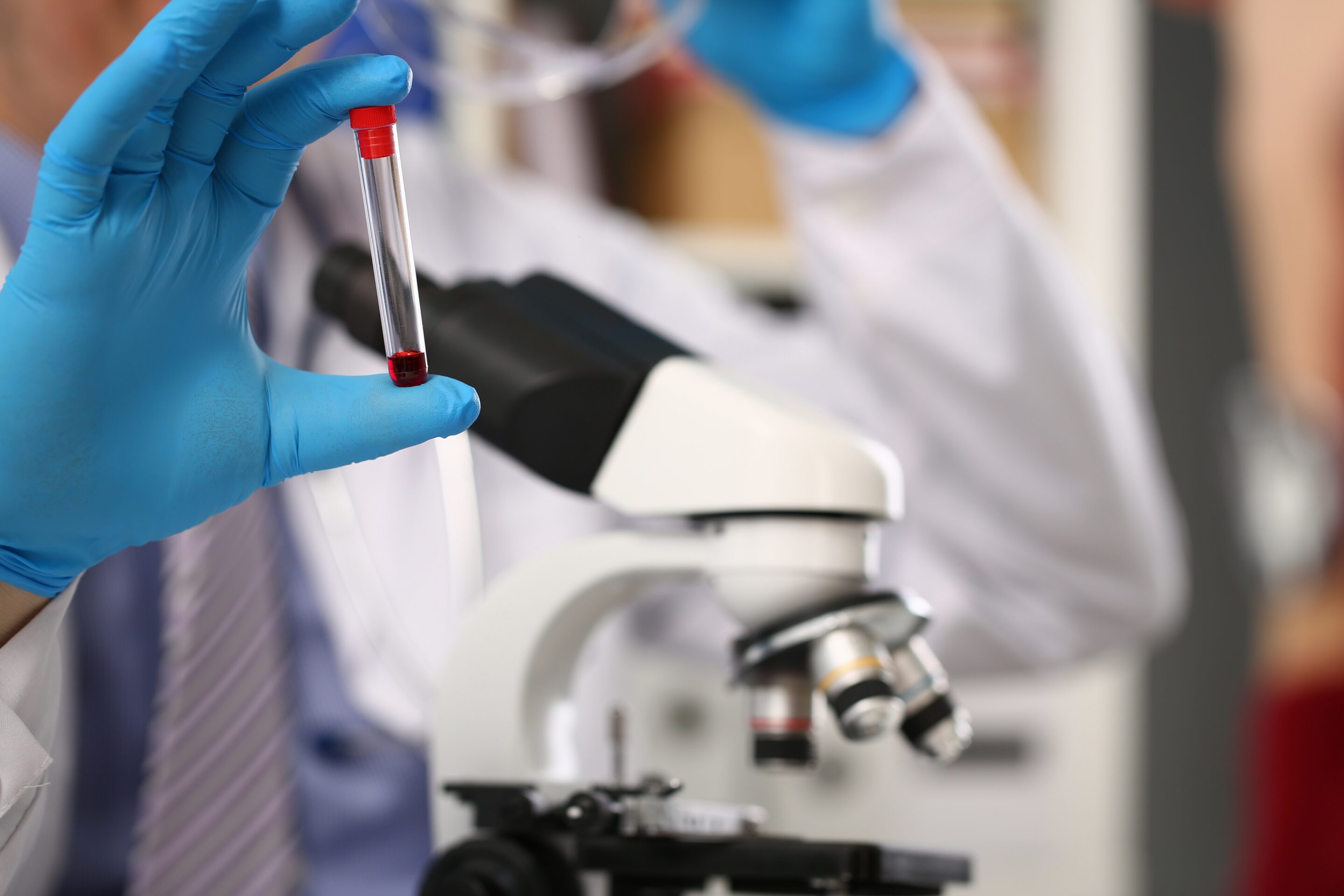Fully dedicated to allogeneic hematopoietic stem cell transplants, the Hematology Transplant Department at Hôpital Saint-Louis has acquired a well-deserved worldwide reputation over the last 50 years. It is one of 7 hemato-immunology departments at Hôpital Saint-Louis, each targeting a specific blood cancer (acute leukemia, lymphoma, myeloma, etc.), “which favors the recruitment of specialists and highly specialized expertise”, explains Pr Régis Peffault de Latour, head of the department.
Pr Eliane Gluckman, pioneer of allogeneic transplantation
In 1988, the world’s first placental blood transplant was carried out at Saint-Louis by Professor Eliane Gluckman, “a driving force in transplant and aplasia research”, as Pr Régis Peffault de Latour continues to praise. “She has changed the game!” By using the umbilical cord’s numerous stem cells to perform transplants, Prof. Gluckman has made allogeneic transplantation accessible to around 50,000 people worldwide.
As early as 1975, Prof. Gluckman introduced immunosuppressive therapy for medullary aplasia, an autoimmune disease of the bone marrow. This pathology, which leads to the disappearance of marrow cells, affects 3,000 patients a year. They need either this immunosuppressive treatment, or a marrow transplant (the first took place in the United States, in Seattle).
“Since the opening of the hematology-transplant department at Hôpital Saint-Louis AP-HP on November 30, 1973, some 4,300 patients have benefited from an allograft, with a real chance of recovery, without which they would probably have died. Over the years, we have developed world-class treatments for pathologies associated with allografts and aplasia in general,” explains Professor Régis Peffault de Latour, Head of the Hematology Transplant Department at Hôpital Saint-Louis AP-HP.”
With an average of 140 allografts per year, Hôpital Saint-Louis is at the top of the French podium, and one of the leading European and international services. The work here has led to the development of treatments to accompany transplants (anti-infectives, antibiotics, antivirals, anti-fungi, etc.), particularly in the case of graft-versus-host disease. Thanks to new research, this complication is now better understood, and highly effective drugs have been developed.
The department also includes a fundamental research unit, the “Team Insights Immunologie humaine, physiopathologie-Immunothérapie- Equipe INSERM-UMR 976” led by Prof. Gérard Socié and Prof. David Michonneau, one of whose aims is to map the immune system of patient-donor pairs to better understand and predict the occurrence of complications after bone marrow transplantation.
A reference center for rare diseases
For bone marrow aplasia, the department is a reference center for rare diseases, with internationally renowned expertise. Every year, it attracts numerous French and international doctors for training courses in allograft and aplastic diseases. The department supports patients suffering from Fanconi’s disease, acquired bone marrow aplasia (through immunosuppressive treatments or allografts) and also specializes in complement inhibitor treatments for a very specific form of aplasia – paroxysmal nocturnal hemoglobinuria.
On November 30, 2023, a ceremony paid tribute to the scientists who, over the last 50 years, have made it possible to improve the daily lives of patients suffering from severe blood diseases.



